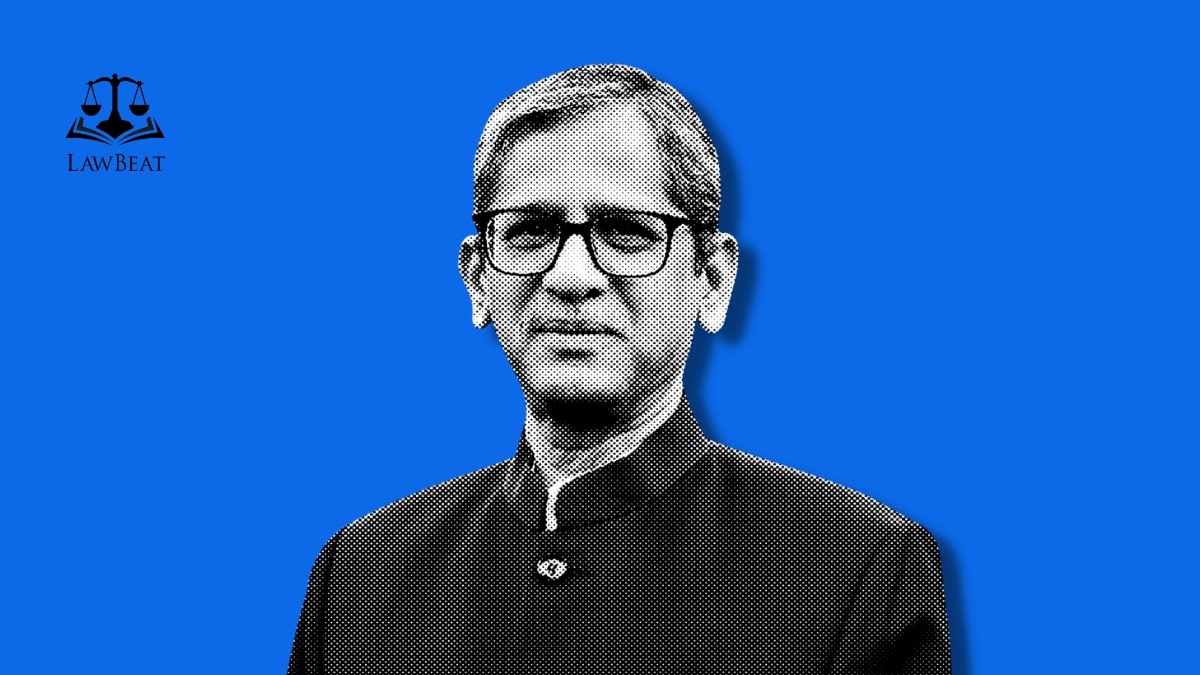“Parliament’s Prerogative To Make Laws But We Must Know The Reasons Behind It": CJI NV Ramana on Tribunal Reforms Bill while hearing plea seeking Tribunals appointments

Supreme Court today while hearing a batch of plea seeking filling up of vacancies in various Tribunals and constitution of Goods and Services Appellate Tribunal, asked the Centre to respond within Two weeks while emphasizing on producing the Objects and Reasons for the new Tribunal Reforms Bill, 2021.
A Full bench of Chief Justice NV Ramana, Justice Surya Kant and Justice Aniruddha Bose, while hearing the matter, referred to the judgment in Madras Bar Association case, where it was reiterated that,
“It is open to the legislature within certain limits to amend the provisions of an Act retrospectively and to declare what the law shall be deemed to have been, but it is not to say that a judgment of a Court properly constituted and rendered in exercise of its powers in a matter brought before it shall be deemed to be ineffective and the interpretation of the law shall be otherwise than as declared by the Court.”
Notice has been issued in the matter. Centre to respond in two weeks.
The bench asked Ld. SGI, Mr. Mehta to produce the reasons for bringing the new Tribunal Reforms Bill thereby rendering Supreme Court judgment a nullity.
“Parliament has all the powers to make law but at least we should know what is the reason behind it. I did not see any debate on the matter,” said Hon’ble CJI today.
It was the submission by Ld. SGI, Tushar Mehta that pursuant to the previous hearing, appointments have been made to the Central Administrative Tribunal.
“I am bound by what has fallen from your Lordships but I cannot make a statement on something which has been done in the wisdom of the Parliament,” said SGI Mr. Mehta seeking time to respond.
Earlier, Court had asked the Centre to make a clear stand regarding filling up of vacancies in Tribunals.
Tribunals Reforms (Rationalisation and Conditions of Service) Bill, 2021 abolished tribunals and transferred their functions to High Courts.
Tribunals formulated under the Cinematograph Act, 1952, the Trade Marks Act, 1999, Copyright Act, 1957, Customs Act, 1962, Patents Act, 1970 and Airports Authority of India Act, 1994 have been abolished, transferring pending cases to commercial/civil courts or High Courts.
Case Title: Amarjit Singh Bedi v. Union of India
